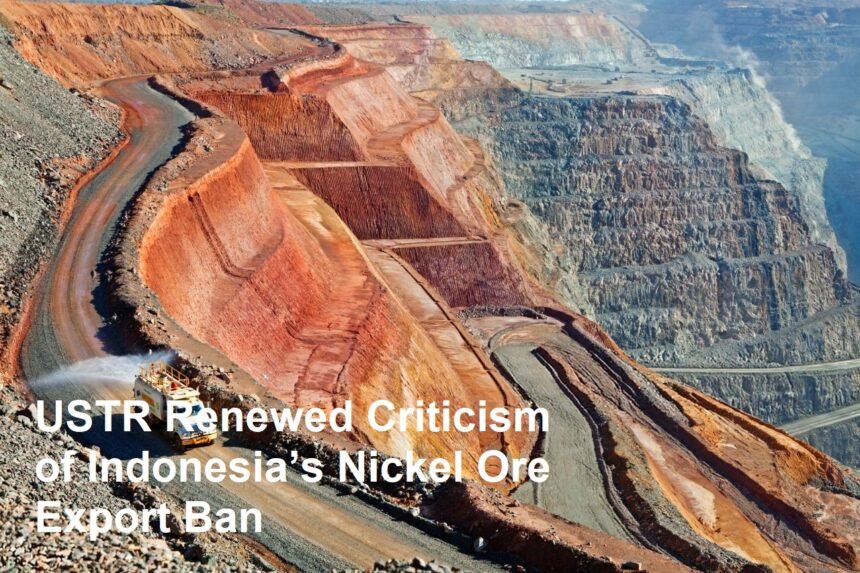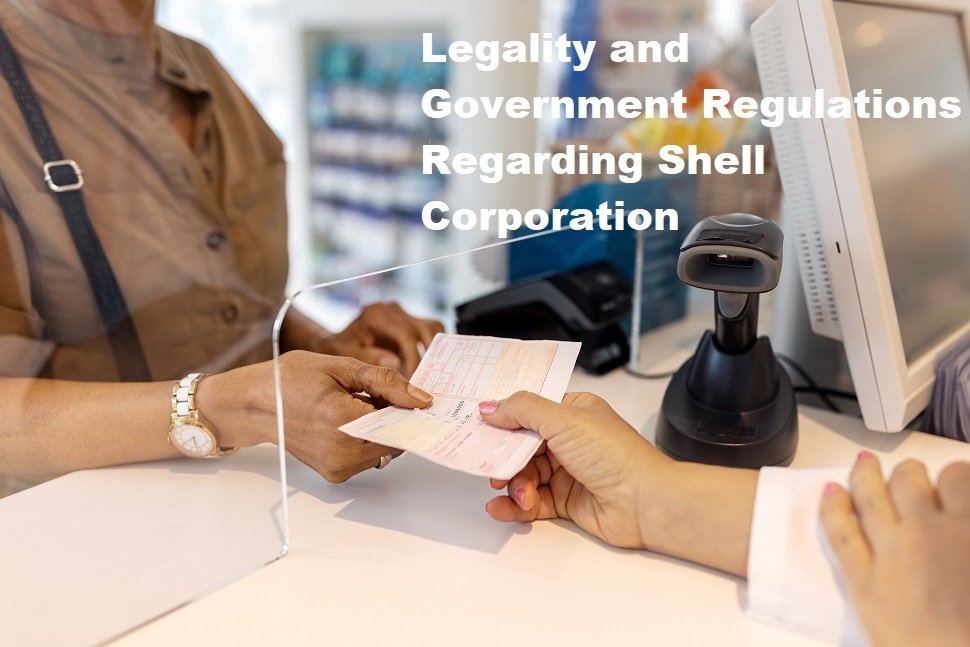Washington, April 24, 2025 – The Office of the United States Trade Representative (USTR) has once again called out Indonesia’s long-standing prohibition on nickel ore exports as a significant barrier to American industry. In its 2025 National Trade Estimate report, submitted to President Trump and Congress on March 31, the USTR catalogued hundreds of foreign trade barriers and highlighted Indonesia’s raw nickel ban for its distorting effects on global markets and harm to U.S. manufacturers.
Indonesia first implemented a full ban on raw nickel ore exports in January 2020, requiring all unprocessed ore to be refined domestically as part of its downstream-industrialization strategy. With the world’s largest nickel reserves—accounting for over 40 percent of global production in 2023—Jakarta’s measures have reshaped supply chains, attracting over $30 billion in foreign smelter investments but constraining raw material flows.
In the USTR’s view, the export prohibition “undermines fair trade principles” by artificially limiting feedstock available to U.S. stainless-steel producers and battery-component manufacturers, who rely on competitive access to nickel. The report warned that such non-reciprocal practices inflate costs for American businesses, reduce global market liquidity, and incentivize downstream production in countries unwilling to open their own raw-material markets.
Supporting the USTR’s stance, the American Iron and Steel Institute (AISI) filed comments on March 11 urging Trade Representative Jamieson Greer to press Indonesia—and its trading partners—to lift the ban. In its submission, AISI warned that Indonesia’s restrictions “distort world markets for key steelmaking raw materials,” placing U.S. steelmakers at a competitive disadvantage and driving up carbon-intensive production methods abroad.
Jakarta, however, defends the ban as a lawful exercise of resource sovereignty aimed at capturing greater value within the domestic economy. Coordinating Minister for Maritime Affairs and Investment Luhut Binsar Pandjaitan has emphasized that downstream processing creates jobs, spurs technology transfers, and adds higher value than raw-ore exports. Earlier this year, the European Union signaled conditional acceptance of Indonesia’s right to ban raw nickel—provided that derivatives such as battery precursors remain freely tradable—after bilateral negotiations.
The export ban has also been the subject of a World Trade Organization dispute. In November 2022, a WTO panel ruled in favor of the European Union, finding that Indonesia’s prohibition and domestic-processing requirement were inconsistent with its global trade obligations. Jakarta has since lodged an appeal, arguing that its measures are temporary and justified by development objectives.
As the U.S. and Indonesia seek to deepen trade and investment ties—underscored by recent high-level visits and talks on critical-minerals cooperation—the nickel issue remains a flashpoint. USTR officials have indicated they will continue consultations at the WTO and in bilateral forums, urging Jakarta to phase down restrictions in exchange for greater market access for U.S. goods and services. With electric-vehicle and renewable-energy industries on both sides eager for stable, rules-based supply chains, all eyes are on upcoming NTE consultations and potential negotiation rounds slated for mid-2025.









